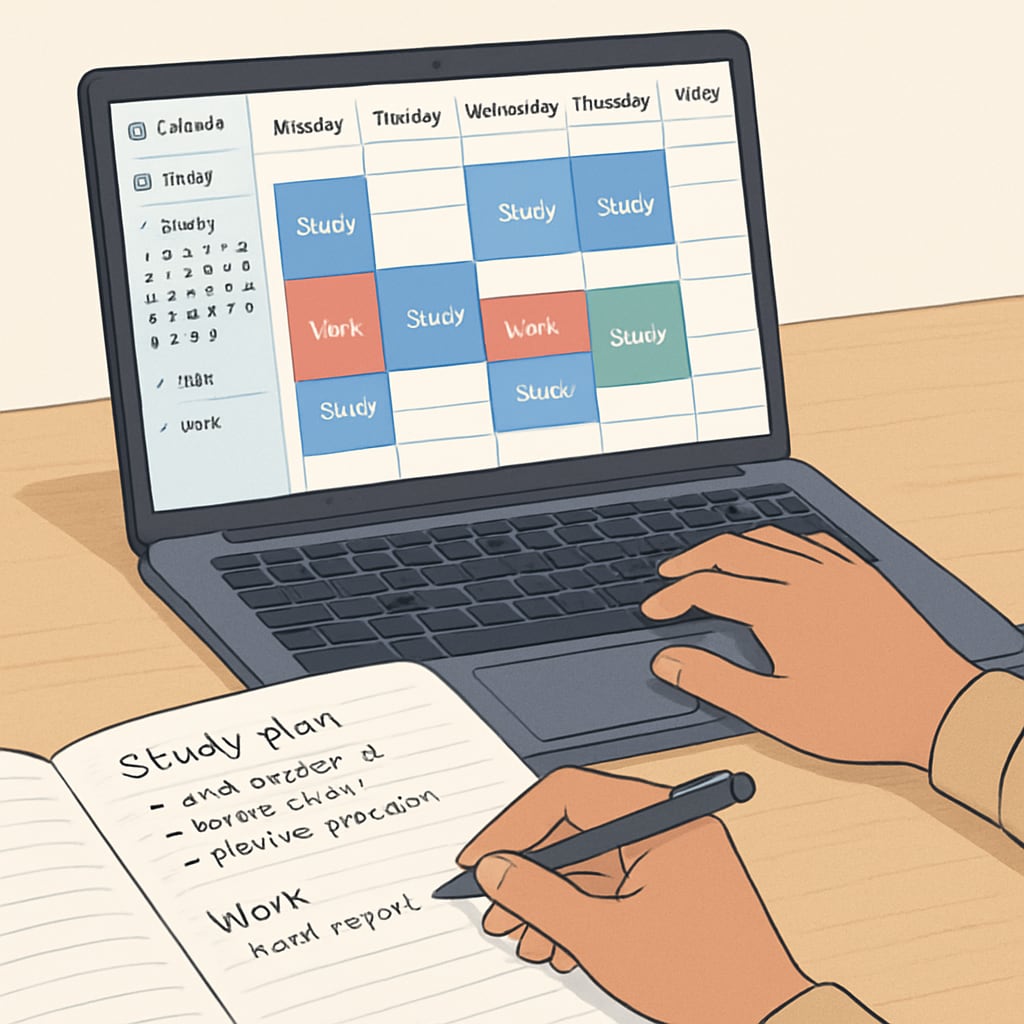For many professionals, the prospect of pursuing a master’s degree while maintaining career development is both an exciting and daunting challenge. The delicate balance between professional responsibilities and academic goals requires effective time management and strategic planning. In this article, we delve into the obstacles faced by working individuals in their quest for higher education and provide actionable solutions to help them succeed in both domains.
Why Professionals Pursue Advanced Degrees
Professionals often choose to earn a master’s degree to enhance their skills, boost career prospects, or transition to a new field. However, this decision is rarely straightforward. While career stability provides the financial means and motivation to invest in education, it also brings significant time constraints. Balancing a demanding job with rigorous academic commitments can feel overwhelming.

Challenges in Balancing Career and Education
Combining full-time work with academic pursuits is not without its challenges. Here are some common obstacles:
- Time Constraints: A typical workday leaves little room for study, research, or attending classes.
- Energy Drain: Juggling work and academic tasks can lead to burnout, reducing productivity in both areas.
- Financial Pressure: Tuition fees add an additional financial burden, especially for professionals supporting families.
Understanding these challenges is the first step toward finding effective solutions for managing both career and academic goals.
Strategies for Achieving Balance
To navigate the complexities of pursuing a master’s degree without compromising professional growth, consider these strategies:
- Choose a Flexible Program: Opt for part-time, online, or hybrid master’s programs that accommodate working schedules. Many universities now offer courses tailored for professionals.
- Set Priorities: Clearly define your short-term and long-term goals. Focus on tasks that align with your career aspirations and academic objectives.
- Time Management Techniques: Utilize planning tools, such as digital calendars and task management apps, to allocate time effectively. For example, block out specific hours for studying and stick to the schedule.
- Leverage Support Systems: Communicate with your employer, family, and friends about your academic goals. Their support can make it easier to manage responsibilities.

Improving Learning Efficiency
Beyond managing time, professionals need to optimize their study methods to maximize learning outcomes. Here are some tips:
- Focus on Active Learning: Engage with material actively by summarizing, questioning, or discussing concepts rather than passively reading.
- Use Technology: Explore digital learning platforms, podcasts, and video lectures to study on-the-go.
- Break Down Tasks: Divide complex assignments into smaller, manageable sections to prevent procrastination.
- Stay Healthy: Maintain a balanced lifestyle with adequate sleep, nutrition, and exercise to improve focus and productivity.
By improving learning efficiency, professionals can make better use of their limited time and achieve academic success alongside career growth.
Conclusion: Striking the Right Balance
Pursuing a master’s degree while maintaining career development is undoubtedly challenging, but it is achievable with the right strategies. By selecting flexible programs, managing time effectively, and optimizing study methods, professionals can unlock new opportunities for growth in both their academic and professional lives. The key lies in careful planning and a commitment to long-term goals. With persistence and support, the journey toward higher education can be a rewarding experience that enhances career prospects and personal fulfillment.
For further reading on higher education options for professionals, visit Master’s Degree on Wikipedia or Higher Education on Britannica.
Readability guidance: Use concise paragraphs and lists to summarize key points. Incorporate active voice and transition words for clarity. Ensure images align with the content and enhance comprehension.


